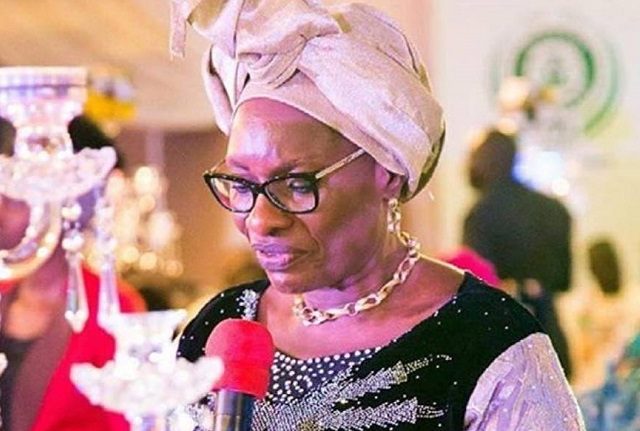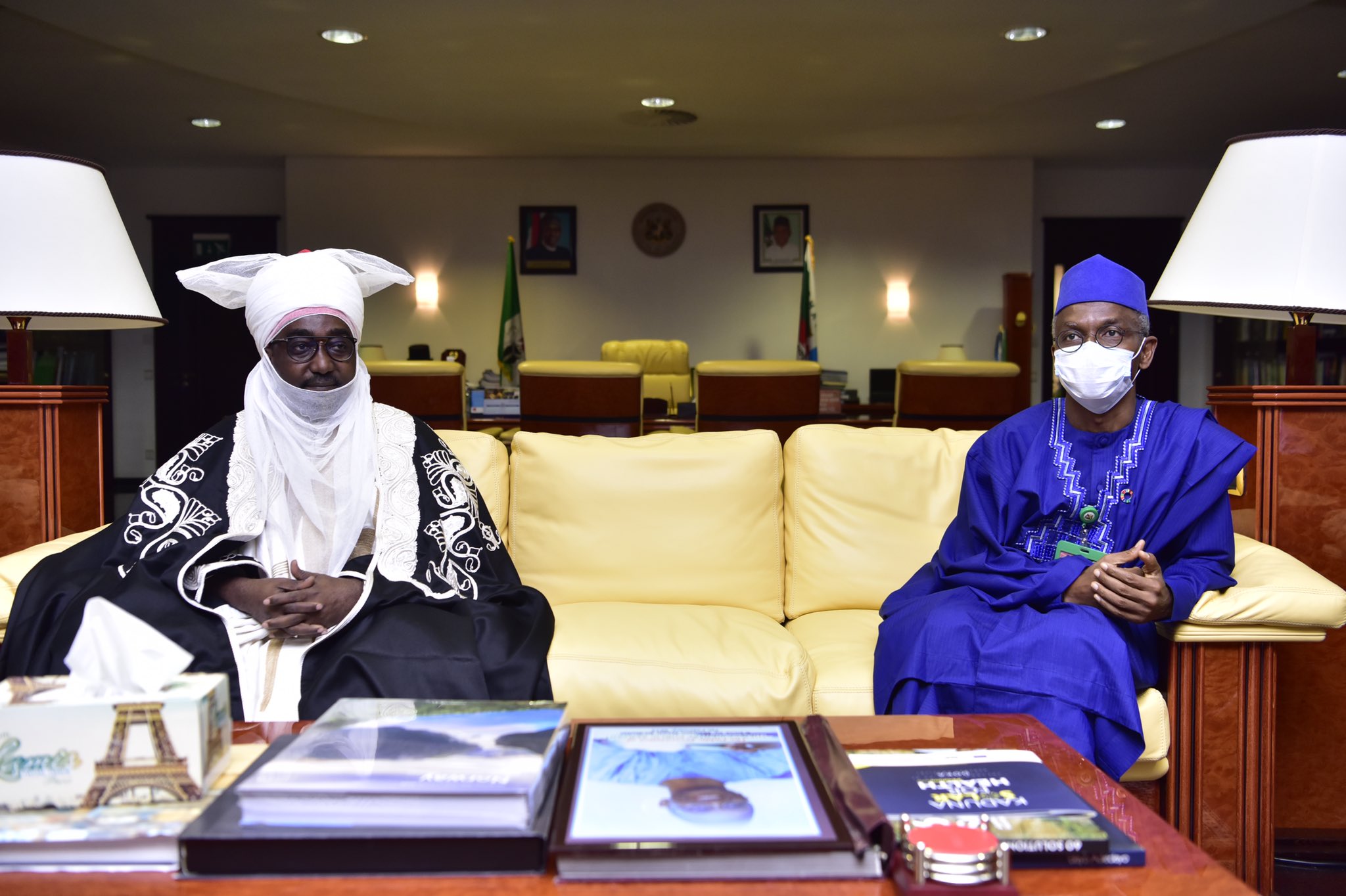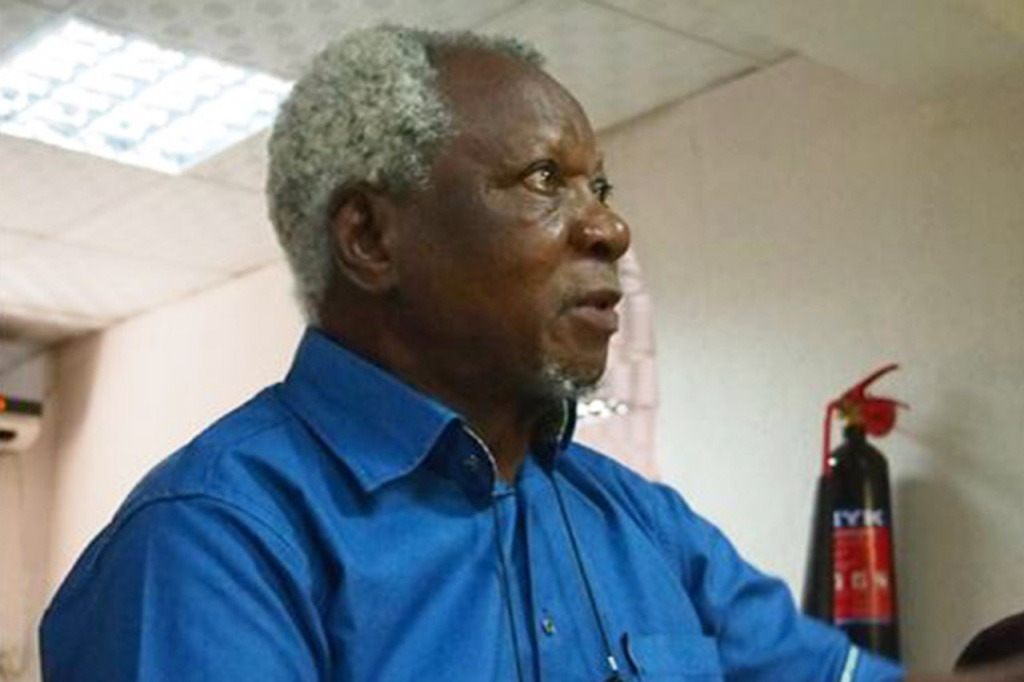Pauline Tallen
Eleven out of the 36 states in Nigeria are yet to domesticate the Child Rights Act passed in 2003.
Pauline Tallen, minister of women affairs, said this during a public hearing in Abuja organised by the senate committee on women affairs on two bills.
The bills are ‘Older Persons’ Rights and Privileges Bill 2020′ and ‘the Child Rights Act, 2003 amendment bill 2020’.
The 11 states that are yet to domesticate the Act include Kebbi, Kano, Katsina, Sokoto, Jigawa, Zamfara, Bauchi, Yobe, Gombe, Borno and Adamawa.
Advertisement
According to a UNICEF report, Nigeria has the highest number of child marriages in Africa, with 23 million girls and women married in childhood.
A similar report by Save the Children showed that the prevalence of child marriage is highest in the north-west zone with 76 percent and lowest in the south-east with 10 percent.
Tallen said since her assumption to office, efforts have been made to ensure that the Child Rights Act is domesticated in these states.
Advertisement
She said meetings have been held with governors and lawmakers at different houses of assembly in the various states to ensure the needful is done.
“But the good news is that we are making some progress. Out of the 36 states we now have 25 states that have domesticated the Act,” she said.
“I am still not too happy that we still have 11 states that are yet to domesticate the act. However, I am reaching out. I just returned from an advocacy tour of some of the states and I am still moving on until I cover the 11 states.
“I have just returned from Adamawa, Bauchi, and Gombe. The three states I have visited since after the COVID-19 and they have reassured me because I addressed the houses of assembly of the three states and had public hearing with stakeholders.”
Advertisement
She said both bills will help in reducing rape cases and gender-based violence.
“The old persons are not left out of it and it is heartbreaking that this vulnerable class has been so badly abused by evil men in our society,” she said.
“COVID-19 has opened our eyes to a lot of things especially on the vulnerable children, the girl-children.
“I have said it that the girl-child is instrumental to the development of Nigeria. When you train a child, a girl-child, you are not only training a child, you are training a generation.”
Advertisement
In his remarks, Ibikunle Amosun, sponsor of the bills and senator representing Ogun central, said the legislation seek to ensure that women and children are protected from sexual, physical and other forms of abuse.
“This bill further gives protection to the Nigerian child against sexual violence and abuse suffered in the hands of caregivers and others, whom for lack of appropriate legal restrictions, have found themselves in positions that give them an undue advantage and access to the children,” he said.
Advertisement






